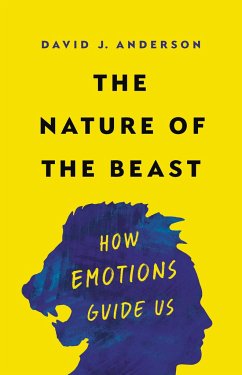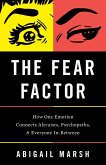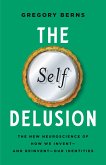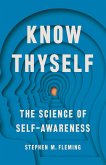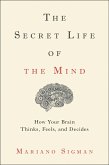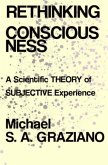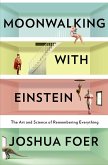"When your dog growls and barks, you might assume that he's angry. But how do you know? You can't very well ask him. Even if you could, it's not at all clear that animals even have emotions like humans do. We still know very little about what emotions are and how they drive behavior. In fact, scientists haven't even been able to reach a consensus on how to study them. In The Nature of the Beast, neuroscientist David Anderson argues that the only way to solve this problem is to totally rethink our approach. One of the main sources of confusion is that we often fail to differentiate between feelings and emotions. Feelings are the subjective experiences of emotion, but they are not actually emotions. Anderson argues that emotions are internal states of the brain, similar to the state of being tired or thirsty, which you can observe in a brain's neural activity. They are like programs that our brain runs to address specific needs. Feelings are just one of many ways your brain tries to address a need. This neuroscientific approach offers us a much more precise and objective way of understanding emotions than older methods like self-report. And because it doesn't rely on language, you don't actually have to ask a dog if he's angry to find out. Anderson has been able to get some of the first reliable evidence about whether animals experience emotions like humans (spoiler alert: they do), and he is using those results to learn new things about how emotions drive our own actions. The Nature of the Beast takes readers into Anderson's groundbreaking studies of animal aggression and explores provocative new insights into how we choose between fight or flight responses, why isolation makes us more aggressive and social circles make us more peaceful, why sex and violence often bleed into one another, and whether there is in fact a connection between aggression and mental illness. The Nature of the Beast is How Emotions Are Made meets Mama's Last Hug: an exciting new framework for understanding how the brain regulates emotions, and why we have them at all"--

